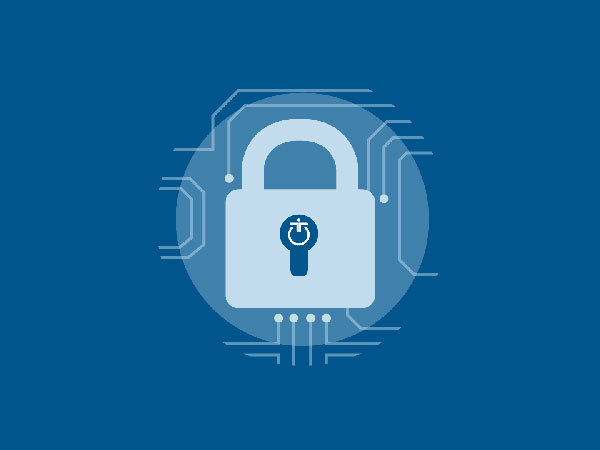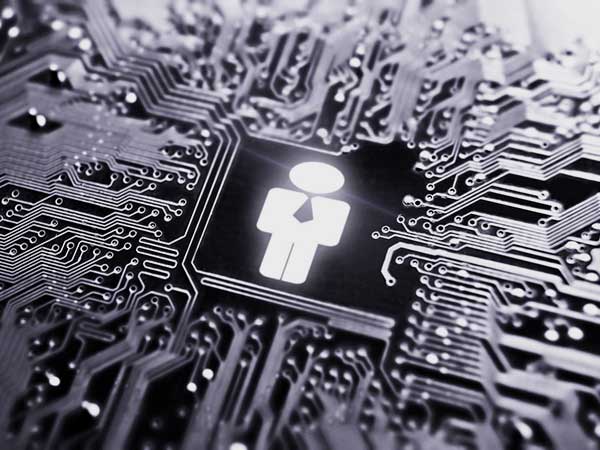Almost half of Americans are increasingly cautious about their use of the internet following the NSA surveillance leaks, according to a Harris poll commissioned by security outfit ESET. This is pretty much what I and many others predicted when the agency’s data snooping scandal broke last year – an outbreak of self-censorship.
According to the poll, 85 percent of the 2,034 people surveyed were at least somewhat aware of the scandal. Of those, 47 percent (so 40 percent of the total) now “think more carefully about where they go, what they say, and what they do online.” Over a quarter of the 85 percent are now doing less online banking and shopping, and just under a quarter are “less inclined to use email.”
Though recent high-profile data breaches may also be a psychological factor, for the internet industry, this shows the worst effects of the surveillance scandal. As much as Google, Facebook and the like have worried about being directly linked to the activities of the NSA and its British counterpart GCHQ, they must have an even greater fear of overall declining trust in the internet — 60 percent of respondents who were familiar with the revelations said they were now less trusting of ISPs and software companies in general. If trust goes down, growth will be more limited, and nobody wants that.




















